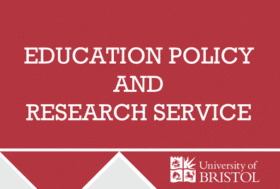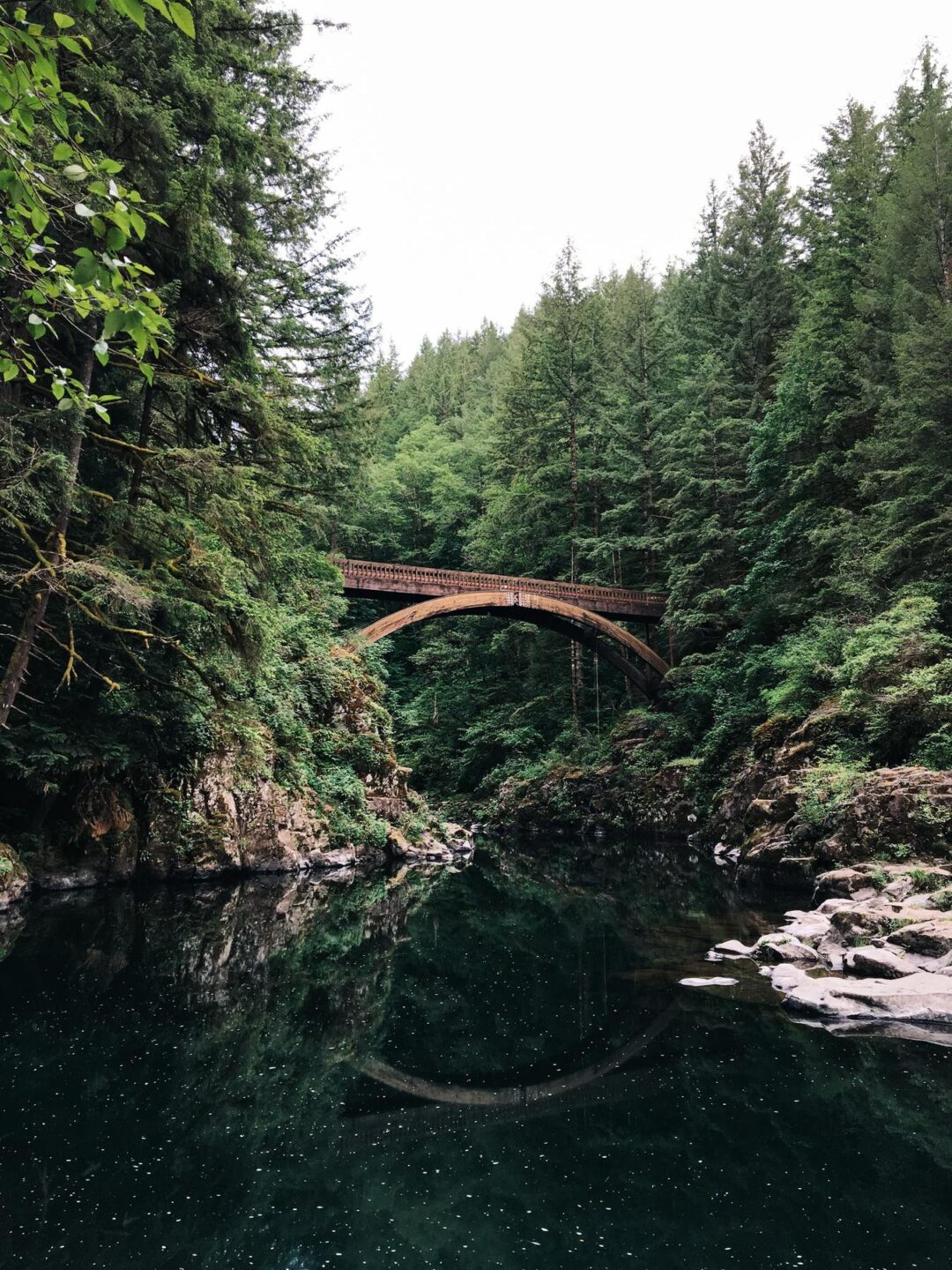Sustainability and climate change education: Selected reading

Sustainability and climate change education: Selected reading
This is a collection of research articles, case studies, webinars and other relevant resources to further develop your understanding of sustainability and climate change education. We have ensured that these are open access or available to members of the Chartered College of Teaching.
The resources collated here will not provide a recipe for what you should do. Some of the articles will also present opposing viewpoints, and ones which may contradict your own viewpoint or experience. They will provoke thought, debate and discussion. We encourage you to read and appraise the literature to make informed decisions based on your local context, professional experience and other available research evidence.
Resources from the Chartered College of Teaching
N.B. Please note that non-members can only access three articles per month. Join today to get full access to all resources provided on our platform.
- This article outlines one primary school’s journey implementing the Sustainable Development Goals through social action.
- This article reports on a project that engaged primary school children in climate change education through various activities rooted in the practice of listening differently to different types of voice.
- This case study introduces the Eco-Schools programme, a tried and tested, international, freely available and easily accessible framework that underpins education for sustainable development (ESD) and outlines how it has been implemented in different contexts.
- This case study outlines primary school’s journey designing and implementing a curriculum that focuses on developing responsible global citizens .
- This webinar, hosted by the Centre for Educational Neuroscience, explains the key dimensions of brain function that influence decision-making in the context of pro-environmental behaviour, and show how such an understanding may be beneficial to encouraging collective action to address climate change.
- This webinar outlines one Multi-Academy Trust’s journey designing and implementing a climate and sustainability-centred curriculum.
- This article explores the relationship between pupil agency and sustainability education.
Other resources and articles freely available from other providers
N.B. Many of the resources below are included in the Foundation of Education Development’s Climate Change and Sustainability toolkit. This toolkit aims to equip teachers, sustainability leads and their teams, with the tools, knowledge and confidence they need to deliver their Climate Action Plans, which need to be in place by 2025. Thanks to the Foundation of Education Development for sharing these resources with us.
Government guidance (and supporting resources to support action planning):
- The Department of Education’s Sustainability and Climate Change Strategy
- FED has developed a toolkit to equip teachers, sustainability leads and their teams, with the tools, knowledge and confidence they need to deliver their Climate Action Plans, which need to be in place by 2025.
- Let’s Go Zero is a national campaign uniting teachers, pupils, parents and their schools as they all work together to be zero carbon by 2030.
- LocatED provides the Net Zero Accelerator, a service that supports educational bodies (including schools schools, multi-academy trusts, local authorities, and FE colleges) to decarbonise their estates.
- The University of Reading has put together an ambitious Climate Education Action Plan. This is co-owned, co-led and contributed to by both organisations and young people. The aim is that this action plan will affect positive change in climate education for children and young people.
Research articles and evidence-based guidance reports:
- This report, produced by Climate Adapted Pathways for Education (CAPE) and Leeds Trinity University, draws attention to the importance of developing collective expertise within schools about climate change education. The report highlights a number of promising case studies, aiming to support and encourage educators to design and implement effective climate change education in their own settings. CAPE also provides a number of other reports and articles about implementing effective climate change and sustainability education.
- The Rebooting Education Report 2023 reveals the findings of a survey conducted with 7000 teachers on the state of sustainability and climate education in schools.
- Teach the Future is a youth-led campaign to urgently repurpose the entire education system around the climate emergency and ecological crisis. Here, you can access a range of research reports that provide an overview of the current state of climate education in the UK.
- This research article seeks to propose learning objectives – the Head, Heart and Han model – that can be integrated across existing curricula to improve climate and sustainability education.
- This research article outlined an alternative educational paradigm: one which helps sustain the ‘whole person’, communities, and the environment.
- This research report, produced by the Cambridge Primary Review Trust, makes the case that all primary schools should include some degree of learning about global and sustainability issues within their curriculum.
- This research article outlines an approach to education for sustainability based on play and science activities.
- This research article outlines effective approaches to integrate mental health into climate change education to inspire climate action while safeguarding wellbeing.
- This report, produced by the Education Commission, makes the case for cultivating green skills for a just transition to a sustainable economy.
- This research article makes the case that transformative learning approaches are a way to create a space for climate change and sustainable education to happen.
- This research article from The Lancet argues that early childhood is a key foundation for planting the seeds for lifelong sustainable habits.
- Climate Outreach provides a range of research reports and evidence-based guidance about issues related to climate change and sustainability.
- Treescapes are currently investigating the opportunities and dis/benefits that treescapes offer children and young people, with the hypthesis that meaningful engagement with treescapes supports education, belonging and hope. Access information here.
Resources supporting curriculum development:
- The Harmony Project works with educators to put sustainability and nature at the heart of learning. They provide a wealth of high-quality resources to support teachers to develop a curriculum that is rooted in a deep understanding of, and connection to, the natural world.
- UNESCO provides a range of useful guidance and resources, including curriculum development resources, to support teachers with developing a holistic, participatory and inclusive curriculum that promotes sustainable living. Their Greening the curriculum guidance may be a useful starting point.
- UK National Association for Environmental Education (NAEE) provides a free and comprehensive environmental education curriculum, which is aligned to the National Curriculum, and spans from the Early Years Foundation Stage to KS4.
- The Leeds Development Education Centre has produced a complete climate curriculum for KS1 to KS4 which is based on the UN Sustainable Development Goals.
- This resource – Early Childhood Education for Sustainability – aims to support practitioners to embed the Sustainable Development Goals and STEM into pedagogical practice.
Resources supporting classroom and enrichment activities:
- Treescapes have co-created lesson toolkits with school practitioners, that aim to support children to take on the role of ‘researcher’ in treescapes.
- The Tree Council’s mission is to inspire and empower schools, organisations, government, communities and individuals with the knowledge and tools to create positive, lasting change at a national and local level. In regards to children and young people, they run a series of initiatives for schools to be involved with, including the Young Tree Champions programme and even provide free packs of seeds to plant fruit trees and/or fruiting hedgerow!
- There are a number of local and regional organisations seeking to promote a greener, healthier and more sustainable future through tree planting, tree care and maintenance and outdoor, nature-based education, including City of Trees (Greater Manchester), The Mersey Forest (Merseyside and North Chesire), National Forest (Midlands) and Sheffield & Rotherham Wildlife Trust.
- Thought Box Education provides learning resources and teacher training online and in-person courses for Primary and Secondary are designed using the Triple WellBeing competencies framework to help strengthen personal, social and environmental wellbeing.
- These resources, produced by the Ministry of Eco Education, weave together the best free resources and opportunities to help teachers to embed sustainability across every subject for every pupil.
- One Health lessons provides lesson resources focused on developing understanding of the interconnection between public health and the health of animals, plants, and the environment.
- This resource – Sustainability Matters in Early Childhood – aims to support practitioners, educators, childminders, parents/carers and students to take small green steps towards a better climate future globally.
- Produced by Chester Zoo, this toolkit and these resource packages aim to support teachers to put conservation at the heart of pupils’ learning, by putting a focus on species, habitats, ecosystems and sustainable actions we can make for the benefit of wildlife.
- The WWF provides a range of free, curriculum-linked resources for the classroom to help pupils explore the issues of climate change.
- Teach the Future is a youth-led campaign to urgently repurpose the entire education system around the climate emergency and ecological crisis. They provide a range of climate actions for you and your students to get involved with.
- The Met Office provides a range of curriculum-related resources to support children and young people to understand the wide-reaching impacts of weather and climate change locally and globally.
- Nature Scot, Scotland’s Nature Agency, provides a range of citizen science activities for you and your students to get involved with. For more information about citizen science, take a look at this BBC article.
- The Woodland Trust provides a range of resources and initiatives to support learning about trees and wildlife in your school.
- The Royal Society for the Protection of Birds (RSPB) provides a range of activities and initiatives for you and your students to get involved with. In particular, you may wish to get involved with the Big Schools Birdwatch. It is the largest citizen science project for schools. It involves counting the number of birds in your school grounds. It only takes an hour, so one lesson or lunchtime is ideal.
- Zero Carbon Schools, a programme run by Green Schools Project, is a series of pupil sessions suitable for Years 4 to 9 which enable them to explore the climate crisis, investigate their school’s carbon footprint, act to reduce it, and inspire others to take action. The programme also includes two teacher training sessions and guidance to inform and involve the local community.
Video content:
- This event, hosted by the Edge Foundation, brought together school and student leaders to think expansively about what a better, more sustainable future for their schools might look like.
- The National Association for Primary Education has produced two comprehensive videos about sustainability education. Part 1 provides some context for this approach, whilst Part 2 explores the implications for classroom practice.
- This webinar, hosted by the Earth Charter International, reflects on pedagogical approaches that could support education for sustainable development.
- The National Education Nature Park hosted a webinar series that aims to share best practice when approaching environmental education.









